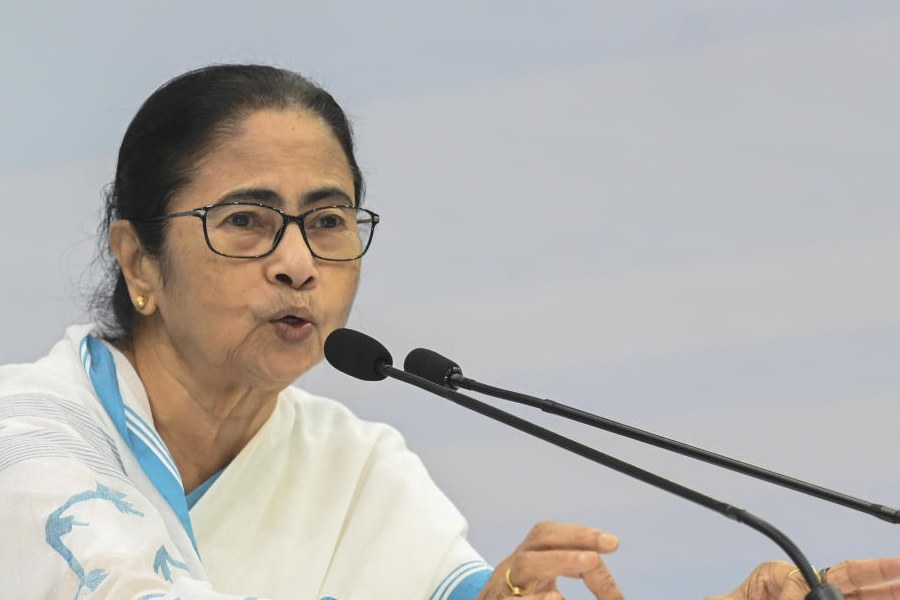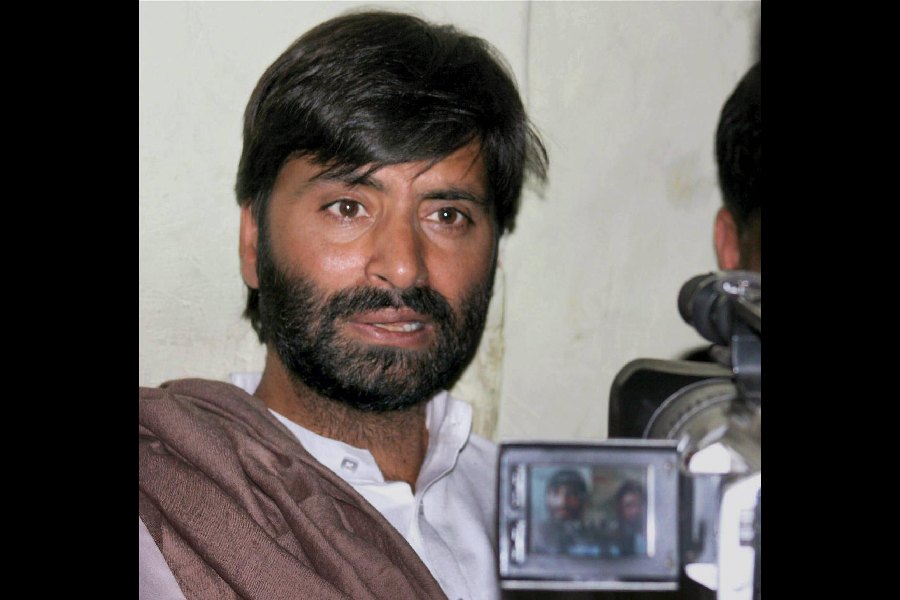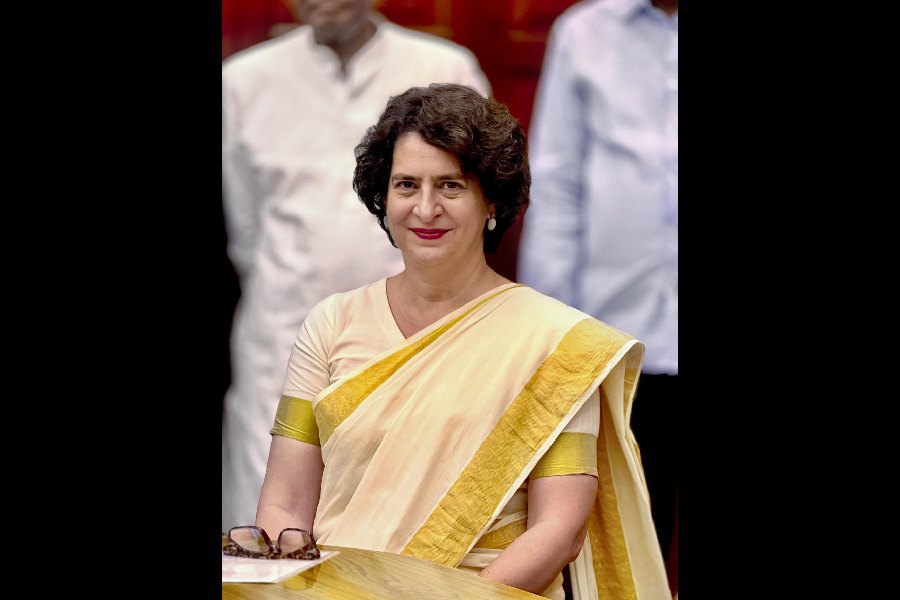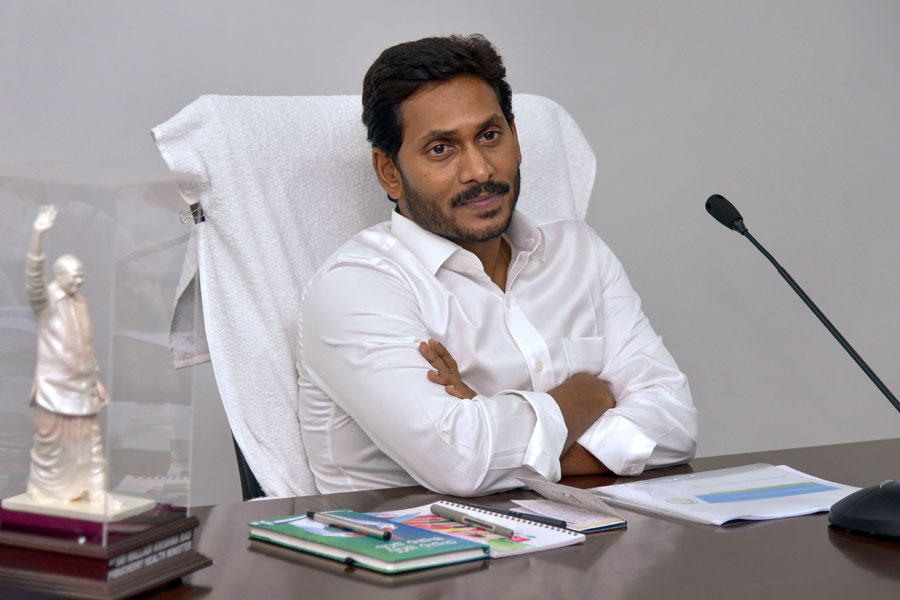The political is always personal, especially for someone who has spent a considerable part of his life in the political cauldron of West Bengal.
Born to parents who were ardent Communists, bilingual author Kunal Basu — who has written several novels in English, including The Miniaturist, Kalkatta and Sarojini’s Mother, and a few in Bengali as well — used to be an active member and leader of the Students’ Federation of India (SFI) during his college days. No stranger to contrarian political instincts and the importance of protest culture in a democracy, Basu recently shared his thoughts on how his own politics, and that of Bengal, has altered over time, in conversation with filmmaker Arindam Sil.
The two friends were in conversation as part of the inaugural session of Authorly Quarterly, organised virtually by The Bengal Chamber of Commerce in association with Penguin Random House India and The Telegraph Online. An initiative of the Chamber’s Film, Music and Media Committee, this series aims to hold four events a year with eminent authors.
“I grew up during the days of the Emergency, and initially, I was more interested in culture than politics,” observed Basu, before acknowledging that the lure of politics eventually sucked him in. “But I am no longer partisan in my politics,” he continued, as “spending the majority of the last four decades abroad has changed my perception of politics.”
“Politics, for a long time now, has been about values for me. These values are the same values that have been a running thread throughout my life — compassion and empathy, for those who have had it much worse than us,” reflected Basu.
“Previously, politics used to be in the air of Bengal, now we also have blood in the air to go with it,” observed Sil, drawing Basu’s attention to the contemporary political climate. Without identifying specific culprits, Basu endorsed Sil’s observation: “Back in the day, elections would be a sort of a festival… nowadays it has become more about a gnawing sense of terror.”
Sil next touched upon the publishing industry and the modus operandi of big publishers. “The publishing industry in the West and English language publishers in India usually maintain a high standard of professionalism, a facet sorely lacking in the Bengali publishing industry,” noted Basu. When talking about his books, how can one not mention the short story, The Japanese Wife, which became a much-loved film by the same name.
Basu shared a hilarious anecdote on how the film came to be, recalling his first meeting with director Aparna Sen at a dinner party organised by the late historian, Tapan Raychaudhuri. “Aparna Sen came up to me and praised my work, which changed my previously grumpy mood. As creative people, we love to be loved, and I suddenly became very happy! With a glass of wine in my hand, I started telling her about a love story I had in mind and that is where the idea for the film, The Japanese Wife (which Sen would go on to direct), was born.”
The session drew to a close with a series of questions from the audience, where Basu detailed his personal process of research, mused on the risks and rewards of spending “10 to 12 hours writing every day” and shared his views on the impact of the ongoing pandemic: “Previously, we would always seek intimacy with others, our friends and family. The pandemic has taught me to be intimate with myself, to find out more about the real me.”










